Last week, La June Montgomery Tabron, W.K. Kellogg Foundation’s president and CEO, spoke as part of a panel at the Milken Institute Global Conference. The 25th annual Conference convened global leaders across sectors to tackle urgent challenges and envision exciting opportunities, all focused on the theme of “Celebrating the Power of Connection.”
La June joined Anosheh Ansari, the CEO of X-Prize, and Precious Moloi-Motsepe, co-founder and CEO of the Motsepe Foundation on a panel moderated by Emily Church, the senior director of the Center for Strategic Philanthropy at the Milken Institute. The panel explored how high-profile philanthropic challenges have become a significant mechanism for accelerating innovation and driving change.
“Where systems, we think, structurally create disparities, we’re looking to disrupt those systems and to allow people and communities to redesign and recreate systems that allow everyone opportunities to thrive.”
During the conversation, La June shared the foundation’s journey with Racial Equity 2030, a call for bold solutions to drive an equitable future for children, their families and communities. Racial Equity 2030 was launched as a $90 million challenge in honor of the foundation’s 90th anniversary as a way to partner with communities and build momentum around critical issues and areas of work. In Sept. 2021, 10 finalists were announced. These finalists are advancing racial equity with unique approaches, from building networks of legal aid for Indigenous land ownership to ending migrant worker exploitation and supporting culturally-grounded restorative justice for youth, among others.
“We talk about racial equity, but when you get down to defining what we mean, we had to develop a global definition. For us, it’s looking at systems, practices and policies that dehumanize people and create disparities as they are executed, where people and communities see the disparate impacts and want to make a difference.”
At our foundation, we believe the answer is in community. Communities have the inherent capacity to improve their own lives and we want to resource their ideas and knowledge,” La June said.
Check out the finalists for Racial Equity 2030, and learn more about our global call to advance racial equity by 2030.

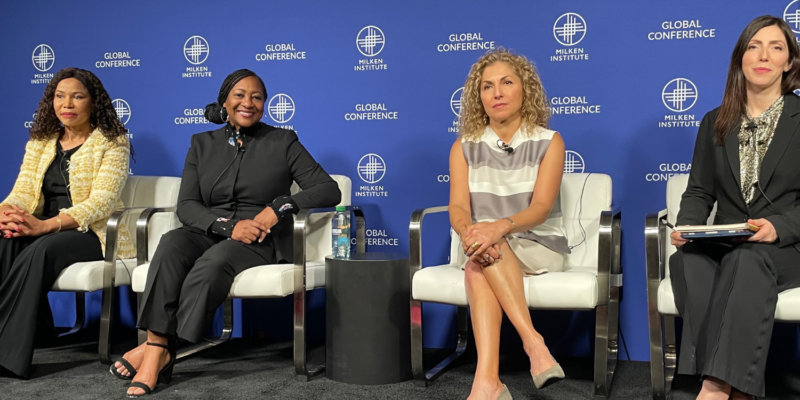
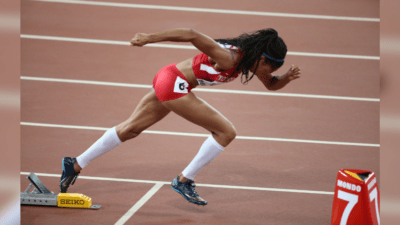
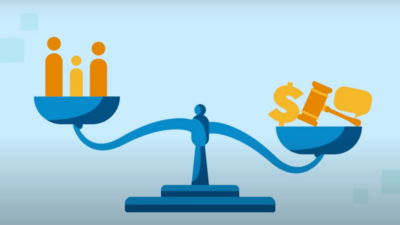
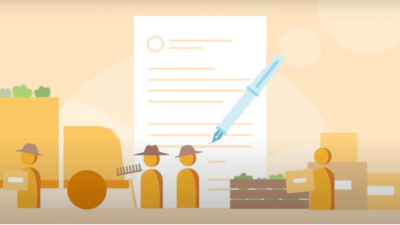
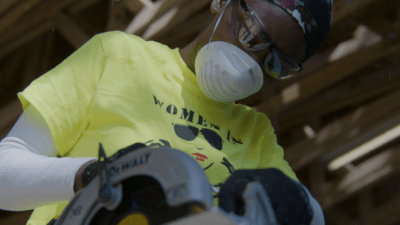
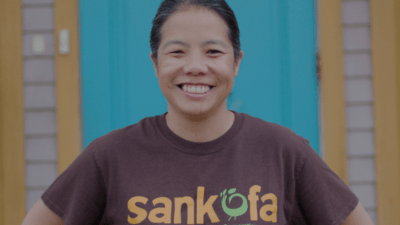

Comments